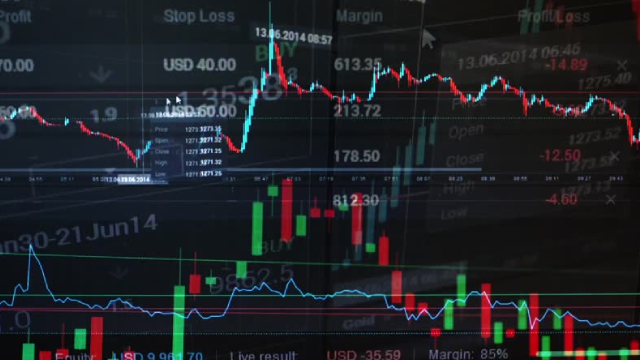EWJ Stock Recent News
EWJ LATEST HEADLINES
Berkshire Hathaway has increased its stakes in five major Japanese trading houses, nearing the 10% ownership threshold. Warren Buffett's annual letter revealed that these trading houses have agreed to relax ownership limits, allowing Berkshire to expand its holdings. These tradings houses deal internationally in energy, mining, minerals, food & beverage, machinery and specialty chemicals.
Even Mexico and Canada, which were directly hit with U.S. tariffs, are outperforming Wall Street. The post While U.S. Stock Market Hobbles, These International Markets Rally; Two Are Up 23% appeared first on Investor's Business Daily.
Asian stock markets are trading lower on Monday, following negative cues from Wall Street on Friday. Investor sentiment has been impacted by concerns over higher inflation after the US imposed new tariffs over the weekend.
As the global private equity industry took tentative steps toward recovery in 2024, Japan raced ahead. The value of private equity investment in Japan jumped nearly 41% over the prior-year total in 2024, far outpacing the 25% year-over-year gain in global private equity deal value, according to S&P Global Market Intelligence data.
Japan presents significant opportunities amid normalization and corporate reforms in the long-run. Short term risks are significant considering issues such as the weak Yen with appreciation pressure and shaky politics. Equities are relatively cheap compared with global peers but with good reasons.
Japan's market transformation towards shareholder-friendly initiatives and low earnings multiples make EWJ's current consolidation a buying opportunity, despite recent underperformance. EWJ offers diversified exposure to large and mid-cap Japanese equities, with a low 14.7 P/E ratio and a PEG ratio under 1.5. Technical analysis shows EWJ at trendline support with potential for bullish momentum, despite a bearish death cross and flat 200-day moving average.
The election victory has fueled a strong rally in US equities, but Trump's comeback is seen as a new risk factor elsewhere as Washington prepares to pivot to new edition of an “America First” policy. The latest surge in US shares has widened the lead for SPDR S&P 500 ETF (SPY) year to date.
Japanese equities have been volatile, but the iShares MSCI Japan ETF remains steady, offering exposure to large and mid-sized Japanese companies. EWJ benefits from the yen's strengthening due to its unhedged nature, outperforming its hedged counterpart, HEWJ, amid USDJPY declines. Despite BoJ's hawkish stance, EWJ's attractive portfolio, valuation, and bullish chart signal a potential breakout to new highs.
The Bank of Japan will adopt a more cautious approach to hiking interest rates after the recent global market turmoil and to avoid rapid appreciation in the yen, BMI said in a recent note. "We expect that the BoJ will take a more cautious approach and only hike by 25bps this year to 0.50%, down from our previous view for 50bps," said BMI's analysts.
Japan's Topix stock index slid 24% from a record high reached last month and the Nikkei 225 Stock Average suffered its worst one-day slump in yen terms as investor confidence evaporated. Tony Sycamore, analyst at IG Australia, shares his take on the plunge in Asian stocks and Federal Reserve policy.







